Developing the Game Series Mount & Blade
- Jul-03-2023
- 1808
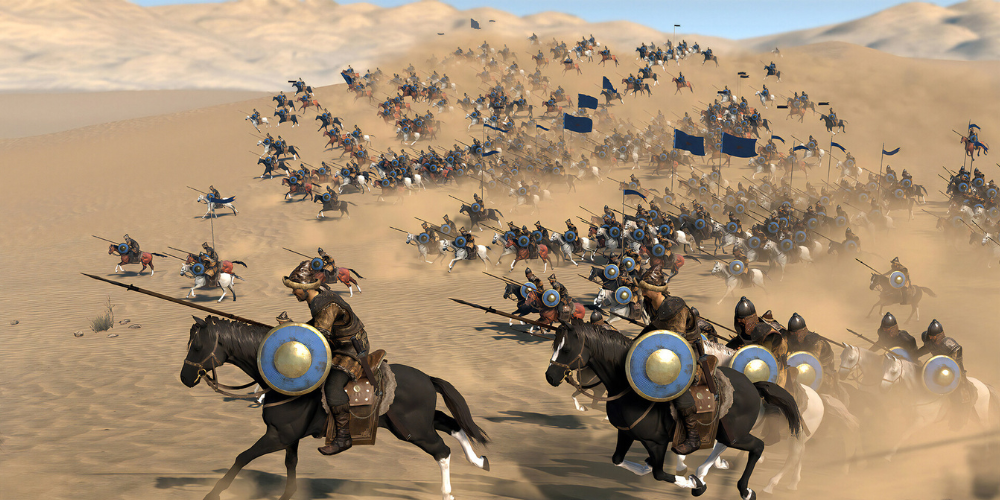
The Mount & Blade series of games, developed by TaleWorlds Entertainment, has created a niche yet significant impact on the role-playing genre within the gaming industry. The series, which combines various genres such as strategy, role-playing, and simulation, presents players with a richly detailed realistic world covering aspects of medieval life, politics, warfare, and economy. This article will provide an overview of the Mount & Blade games, their influence on the gaming industry, and the future prospects of the series.
Mount & Blade
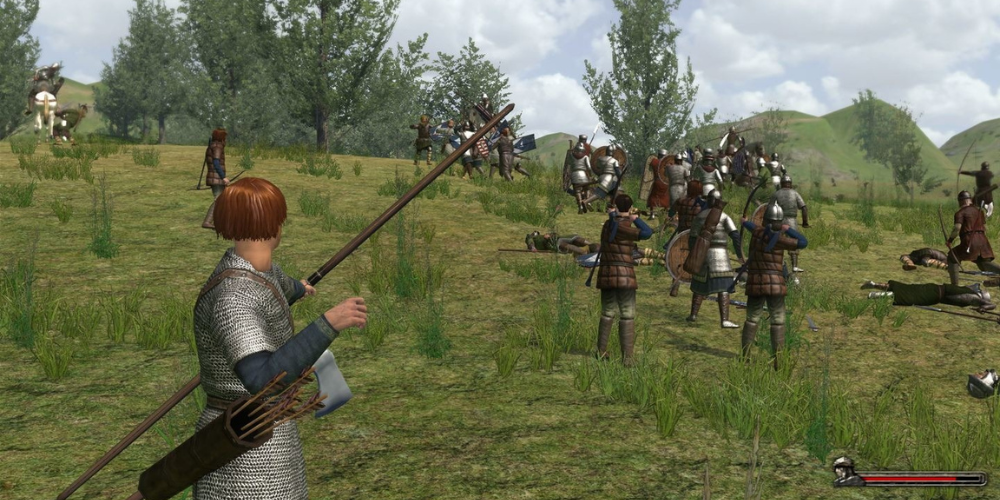
Mount & Blade, the first game in the series, was released in 2008 and introduced a breath of fresh air into the RPG genre. Its free-form sandbox gameplay, combined with a detailed and dynamic medieval world, allowed players to create their character, build and lead an army, and partake in real-time, large-scale battles. The lack of a fixed storyline gave players complete freedom of choice, sparking a revolutionary change in RPG gaming.
Mount & Blade: Warband
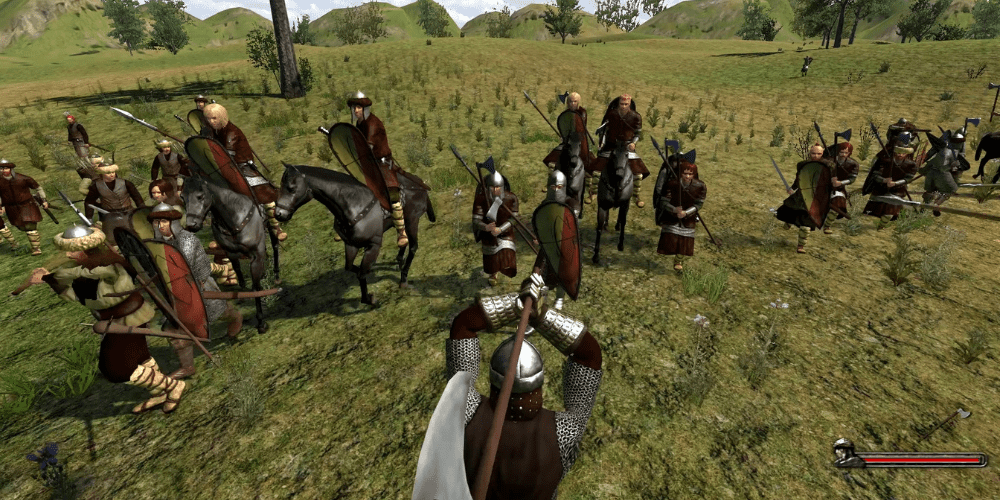
Mount & Blade: Warband, the series' second installment, released in 2010, enhanced the original's formula with significant additions, including an improved combat system and the introduction of multiplayer modes. Additionally, it provided players with an opportunity to become a ruler and establish their kingdom, thus adding a new layer of depth to the already intricate gameplay. Warband's multiplayer inclusion was particularly influential, offering players an arena to exhibit their combat skills on a large-scale, competitive platform.
Mount & Blade II: Bannerlord
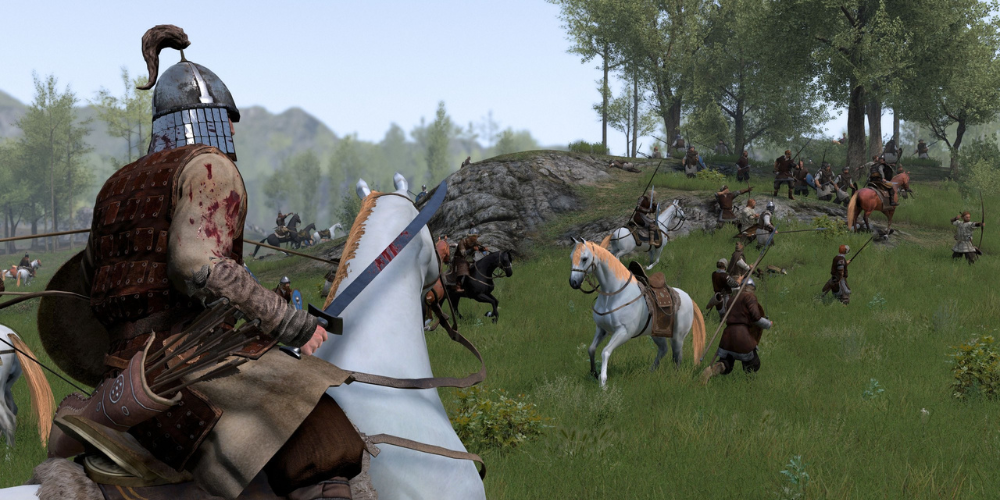
Mount & Blade II: Bannerlord, released in 2020, arguably delivered the most significant evolution of the series. Bannerlord improved upon its predecessor's elements while introducing various new features, such as a revamped campaign map, more sophisticated siege mechanics, and an extended modding system. Its painstakingly detailed world and engaging mechanics were warmly received by players and critics alike.
Impact on the Industry
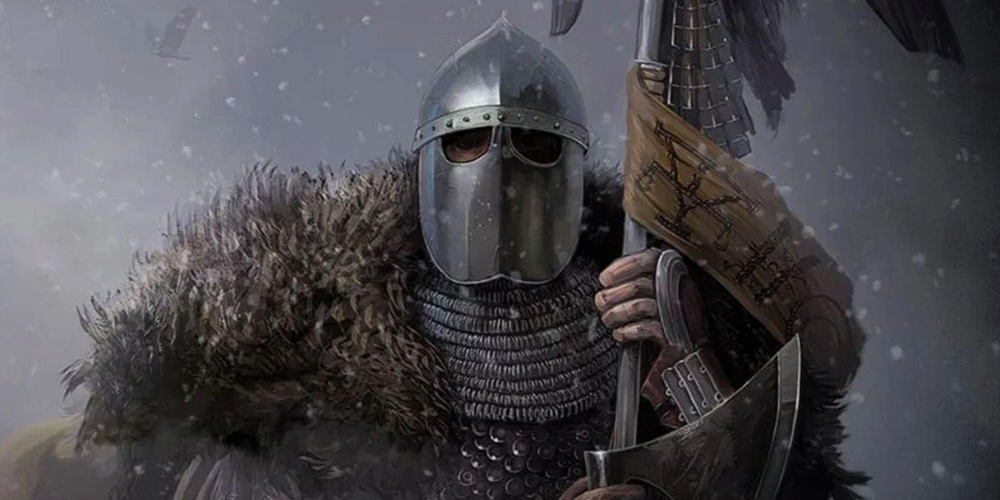
The Mount & Blade series significantly impacted the gaming industry, pushing the boundaries of the RPG genre. It raised the bar for player freedom and sandbox design, inspiring countless other games. Titles such as Kingdom Come: Deliverance and even large industry entities like The Elder Scrolls series contain elements that were undoubtedly influenced by Mount & Blade's free-form sandbox mechanics.
Furthermore, the games' intricate economic and political simulation aspects have set the pace for other strategy and role-playing games. The way these systems were seamlessly integrated into the gaming experience, offering the players many choices and strategies, has prompted other game developers to pursue similar mechanics in their productions.
Future plans
In terms of future prospects, the Mount & Blade series has not exhausted its potential. With its established and growing fanbase, the Mount & Blade series is well-positioned to continue developing its immersive world. Future installments could focus on introducing even more innovative and realistic mechanics or expanding the game world to new geographical regions and historical eras.
Moreover, with the rise of virtual reality technologies, there is a window for the series to explore these new immersive tools, effectively bringing the player closer to the realistic medieval experience the series aims to deliver.
Overall, the Mount & Blade games have carved a unique niche in the gaming industry. Offering an intricate balance of strategy, role-playing, economy, and warfare has influenced a generation of games in their approach to player freedom and realism. As a result, a bright future for the series is certainly on the horizon. Whether they decide to venture into previously unexplored technological advancements or enhance established and well-loved mechanics, the tales of Mount & Blade appear to be far from over.